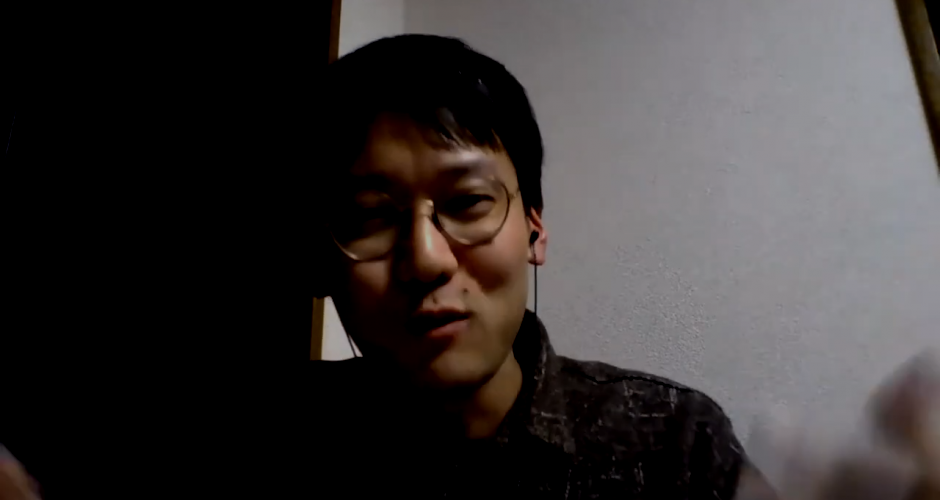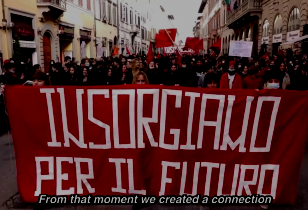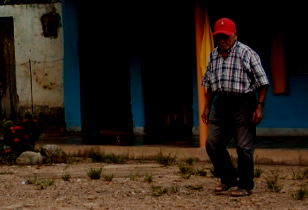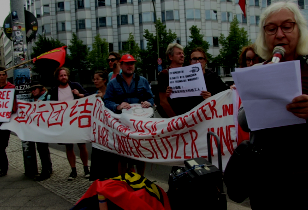You are here
Climate Crisis and Ecosocialism
Climate Crisis and Ecosocialism
engl. mit dt. UT
|20 min
| 2023 |hits: 805
Kohei Saito about "Climate Crisis and Ecosocialism"
"We need to really challenge global capitalism as a world system." (from the video)
Renowned Marxist theorist and author of the best-selling book 'Capital in the Anthropocene', Kohei Saito discusses the three responses to the ecological crisis in left academic discourse: climate Keynesianism, accelerationism and ecosocialism.
Climate Keynesianism focuses on green capitalism and does not touch the capitalist mode of production, proposing a Green New Deal. However, according to Saito, this merely means that:
1. the costs of "green" production are shifted to the countries of the Global South (extractivism)
2. the state assumes investment costs for the conversion to green technologies, thus enabling capital to make profits in production again (end of finance capitalism).
Accelerationism proposes luxury for all thanks to high-tech production (renewable energies, artificially produced meat, automation and asteroid mining), thus also leaving the capitalist mode of production untouched and forgetting a) that capitalism needs scarcity to enable economic growth and that b) wealth for all presupposes a dissolution of class society.
Ecosocialism proposes a mode of production without growth, where wealth is distributed to all. However, it is not private wealth that is generated, but common wealth: functioning infrastructures and supply for all. This is accompanied by a reduction of working hours, more time for the restoration of the ecosphere, sex, care work, etc.
Saito cites Marx as an ecosocialist who in the 19th century was already thinking about soil erosion, animal diseases, and desertification. He also declares communist productivism ("Prometheanism") as not determinative of Marx's thinking because Marx sees the development of productive forces a) as not neutral, but as a means to oppress and exploit workers and nature, and b) sees the development of productive forces not as a means to private wealth, but as a means to build common wealth that breaks the bonds of the bourgeois way of life.
The question of how we build political power to get rid of the capitalist mode of production remains open in the lecture.



